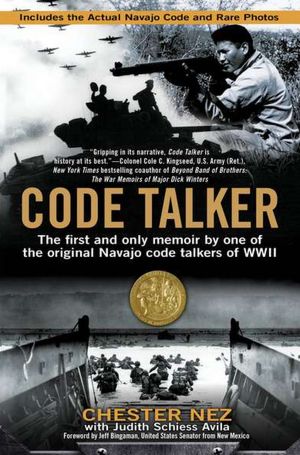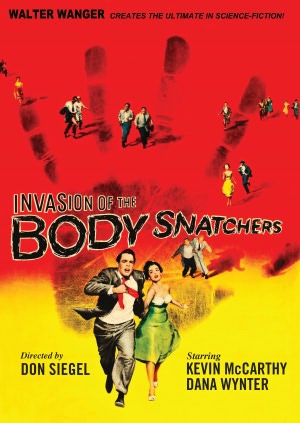- What does Newton-2 say, conceptually and mathematically, about the relationship between net force, inertia and acceleration? Does your data support this concept? Why or why not?
- What was the net force in this experiment? How would friction impact your results.
- Sources of error? What issues or problems might have contributed to any aberrant data points for your group?
Physics B spent time discussing friction during today's class. We looked at the origin of frictional forces (surface imperfections and adherent electrostatic bonds) and explained why static friction maximum (Fs,max) was larger than kinetic friction (Fk) for any pair of surfaces. The coefficient of friction was introduced and some examples were discussed to better clarify what the coefficient of friction meant for frictional resistance. Tomorrow, we'll go over the homework problems, then get more practice with friction, weight, normal force and net force in preparation for Tuesday's exam.
Introductory Physics had only a few minutes of class time today, due to Peer Mentor stuff, so all we had time for was a quick review of the free fall and kinematics homework. Tomorrow, we'll dig deeper into the impact of free fall on motion by getting a peek at the mechanics of projectile motion.
Honors Physics reviewed the concept of mechanical energy and how it is related to work before jumping into conservation of energy. Total energy is always conserved in systems, but mechanical energy is not. Friction always converts some useful energy into heat, which is non-mechanical and not easily accessible for work, thereby reducing the overall useful mechanical energy in the system. Tomorrow's two lab investigations will have folks looking at conservation of mechanical energy in situations where all of our mechanical energy types (to date) play a role.






